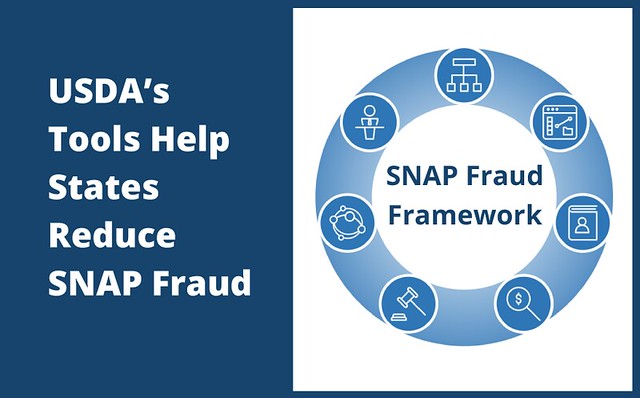Buffalo Resident Rodney Jones Admits To Welfare Fraud
A resident of Buffalo, identified as Rodney C. Jones, aged 60, encountered his day of reckoning in the State Supreme Court this Monday, when he was handed a sentence of two years of probation. The imposition of the sentence came post his admission of committing welfare fraud. Throughout the trial, the court broadly acknowledged his offenses that comprised two notable charges.
In particular, during the month of November, Jones expressed his admission of guilt to a count of Welfare Fraud in the Fifth Degree and a separate count of Attempted Grand Larceny in the Fourth Degree. The official announcement of guilt was a significant turn in the narrative and formed the foundation against Jones’s fraudulent activities.
As per the examination conducted by the investigators, the fraudulent activities occurred over an extended period, starting from March 1, 2018, and culminating on February 22, 2022. Within this duration, Jones managed to unlawfully secure over $9,000. The sum was obtained through the New York State Supplemental Nutritional Assistance Program, popularly known as SNAP benefits.
This staggering amount was deceitfully acquired by Jones through the deliberate concealment of his spouse’s earnings. His applications, which facilitated the fraudulent act, were filed with the Erie County Department of Social Services but blatantly left out this critical piece of information about household income.
However, the SNAP benefits were not the only area of deception he indulged in. Jones’s offenses extended to additional fraudulent activities involving even greater sums of money. This was directed towards another significant angle of public welfare, namely, the Social Security Administration.
As uncovered by the investigation, from the commencement of July 2014 up until the conclusion of October 2023, Jones deceitfully obtained an eye-opening amount in excess of $72,000. This was pulled off from the funds available through the Social Security Administration in yet another display of his propensity for fraudulent actions.
Upon admitting his guilt, Jones didn’t stop at simply acknowledging his wrongful actions. In an event that materialized as part of his plea agreement, he moved forward to make amends for his illegal activities. This culminated in the complete payment of restitution.
The Erie County Department of Social Services, which had been a significant player in the fraud saga, was compensated by Jones for his deceit. The restitution payment involved a significant amount of $9,707 being facilitated by Jones to address the perversion of the SNAP benefits.
Simultaneously, the involvement of the Social Security Administration and the enormous fraudulent funds obtained from it warranted a much larger remuneration on Jones’s part. Complying with his plea deal, Jones remitted an imposing amount of $72,459 to the Social Security Administration.
Overall, the case of Rodney C. Jones has served as a stern reminder of the dire outcomes associated with public assistance deception. Despite the complex nature of the fraud, the rigorous investigation process and course of justice succeeded in reconciling the wrongs to a considerable extent.
While the imposition of a probation sentence and the plea deal do not justify his fraudulent actions, they play an essential role in highlighting the consequences of such illegal activities. No doubt, this significant case will stand as a staunch deterrent to similar ill-conceived endeavors in the future.
Indeed, welfare fraud carries with it an inherent disservice to the eligible beneficiaries of these programs who are genuinely in need. Rodney’s manipulation of these systems not only revealed gaps in the checking mechanisms but also highlighted the potential misuse of public funds meant for legitimate recipients.
The resolution of this case, therefore, is not simply about financial restitution or punishment for an individual guilty of welfare fraud. Rather, it also brings into focus the larger societal implications and the need for more stringent measures to prevent such occurrences.
Those involved in the handling of this case would hope that Jones’s sentence, and the measures taken in the aftermath, serve as a stark warning to others contemplating similar fraudulent activities. If anything, the consequence of this case emphasizes the importance of transparency, honesty, and the adherence to authority in social assistance programs.
At the end of the day, the incident forces us to confront and address the need for tighter administrative protocols within these public welfare assistance systems. The case of Rodney C. Jones, by shedding light on these critical issues, likely offers noteworthy lessons that authorities can learn from as they strive to ensure that such frauds are less likely to occur in the future.

